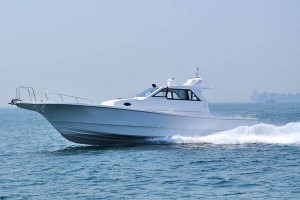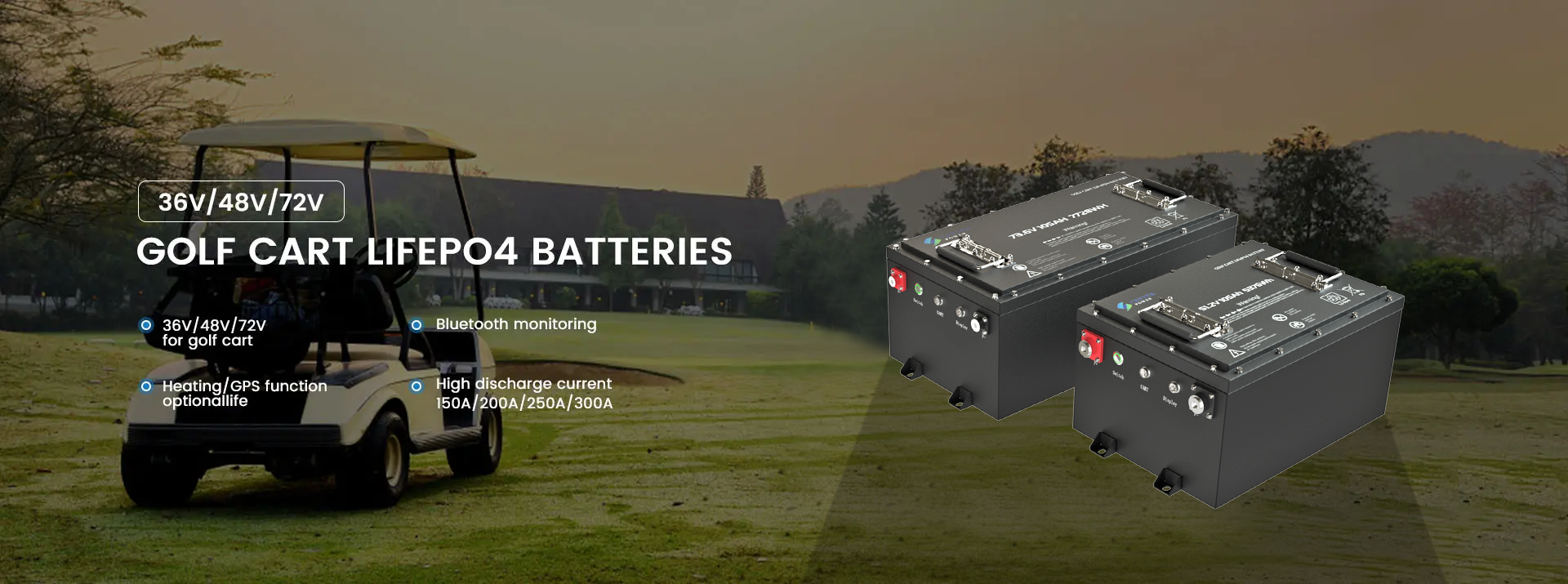The right size battery for your boat depends on the electrical needs of your vessel, including engine starting requirements, how many 12-volt accessories you have, and how often you use your boat.
A battery that is too small won't reliably start your engine or power accessories when needed, while an oversized battery may not gain a full charge or reach its expected lifespan. Matching the right size battery to your boat's specific needs is critical for reliable performance and safety.
Most boats require a minimum of two 6-volt or two 8-volt batteries wired in series to provide 12 volts of power. Larger boats may need four or more batteries. A single battery is not recommended as a backup can’t be easily accessed in the event of failure. Almost all boats today use either flooded/vented lead-acid or AGM sealed batteries. Lithium is becoming more popular for larger and luxury vessels.
To determine the minimum size battery you need, calculate your boat's total cold cranking amps (CCA), the total amperage needed to start the engine in cold temperatures. Choose a battery with 15% higher CCA rating. Then calculate your reserve capacity (RC) needed based on how long you want auxiliary electronics to run without the engine. At a minimum, look for batteries with 100-150 RC minutes.
Accessories like navigation, radios, bilge pumps and fish finders all draw current. Consider how often and for how long you expect to use accessory devices. Match batteries with higher reserve capacity if extended accessory use is common. Larger boats with air conditioning, water makers or other heavy power users will need larger batteries to provide adequate runtime.
To size your boat batteries properly, work backwards from how you actually use your vessel. Determine how often you require engine starting and how long you depend on battery-powered accessories. Then match a set of batteries that provide 15-25% more power output than your vessel's actual calculated demands to ensure reliable performance. High-quality AGM or gel batteries will provide the longest life and are recommended for most recreational boats over 6 volts. Lithium batteries can also be considered for larger vessels. Batteries should be replaced as a set after 3-6 years depending on use and type.
In summary, properly sizing your boat's batteries involves calculating your engine starting requirements, total accessory power draw and typical usage patterns. Add a 15-25% safety factor and then match a set of deep cycle batteries with sufficient CCA rating and reserve capacity to meet - but not exceed - your actual needs. Following this process will lead you to select the right size and type of batteries for reliable performance from your boat's electrical system for years to come.
Battery capacity requirements for fishing boats vary depending on factors like:
- Engine size: Larger engines require more power for starting, so need higher capacity batteries. As a guideline, the batteries should provide 10-15% more cranking amps than the engine requires.
- Number of accessories: More electronics and accessories like fish finders, navigation systems, lights, etc. draw more current and require higher capacity batteries to power them for adequate runtime.
- Usage pattern: Boats used more frequently or used for longer fishing trips need larger batteries to handle more charge/discharge cycles and provide power for longer periods.
Given these factors, here are some common battery capacities used in fishing boats:
- Small jon boats and utility boats: Around 400-600 cold cranking amps (CCA), providing 12-24 volts from 1 to 2 batteries. This is enough for a small outboard engine and minimal electronics.
- Medium size bass/skiff boats: 800-1200 CCA, with 2-4 batteries wired in series to provide 24-48 volts. This powers a mid-sized outboard and a small group of accessories.
- Large sport fishing and offshore boats: 2000+ CCA provided by 4 or more 6 or 8 volt batteries. Larger engines and more electronics require higher cranking amps and voltage.
- Commercial fishing vessels: Up to 5000+ CCA from multiple heavy-duty marine or deep cycle batteries. The engines and substantial electrical loads require high capacity battery banks.
So a good guideline is around 800-1200 CCA for most medium recreational fishing boats from 2-4 batteries. Larger sport and commercial fishing boats typically require 2000-5000+ CCA to adequately power their electrical systems. The higher the capacity, the more accessories and heavier usage the batteries need to support.
In summary, match your battery capacity to your fishing boat's engine size, number of electrical loads and usage patterns to ensure reliable and safe operation. Higher capacity batteries provide more backup power that can be critical during emergency engine starts or prolonged idle times with electronics running. So size your batteries based primarily on your engine's needs, but with enough extra capacity to handle unexpected situations.

Post time: Jul-06-2023





